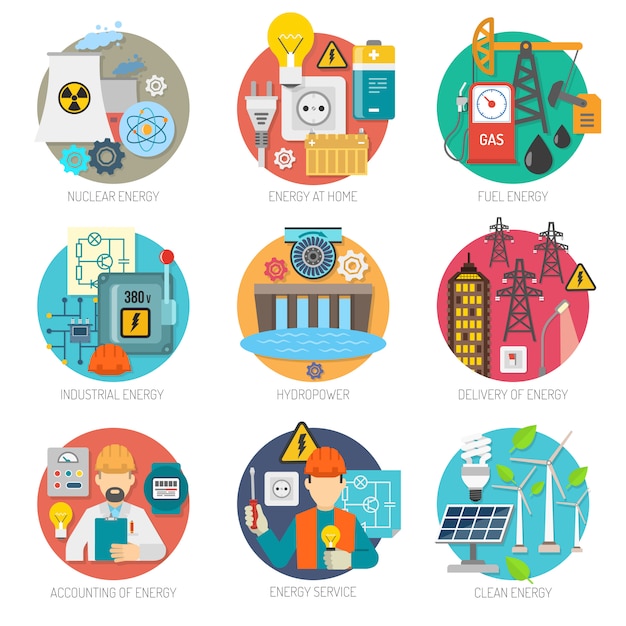

Thermal energy is the energy that comes from heat.
Thermal energy can be transferred from one object to another.
The movement of atoms and molecules in an object determines its thermal energy.
Thermal energy can be harnessed and used to generate electricity.
The sun is a vast source of thermal energy.
Thermal energy is also known as heat energy.
Thermal energy is measured in calories or joules.
The higher the temperature, the more thermal energy an object has.
Thermal energy is used in various industries, such as manufacturing and food processing.
Insulation helps to minimize the loss of thermal energy from buildings.
Geothermal energy is a form of thermal energy that comes from the Earth’s heat.
Thermal energy can be converted into mechanical energy through steam engines.
Thermodynamics is the branch of physics that deals with the study of thermal energy.
Thermal energy can be converted into light energy in incandescent light bulbs.
Thermal energy can be stored in objects, such as hot water in a thermos.
Thermal energy is present in all living organisms.
The movement of ocean currents is influenced by thermal energy.
Thermal energy plays a crucial role in weather patterns and climate change.
Heat is a form of thermal energy that is transferred through conduction, convection, or radiation.
The concept of thermal equilibrium states that when two objects are in contact, their thermal energies become equal.
Thermal energy is responsible for the expansion and contraction of materials due to temperature changes.
Thermal energy can cause molecules to vibrate, leading to heat transfer.
The first law of thermodynamics states that energy can neither be created nor destroyed, only converted from one form to another.
Thermal energy is utilized in energy-efficient heating systems, such as solar panels.
Thermal energy is essential for cooking and food preservation.
Thermal energy is closely related to kinetic energy, as the faster the particles move, the more thermal energy is produced.
Buildings are designed with materials that have low thermal conductivity to prevent heat loss.
Thermal energy is used in the manufacturing of glass, steel, and other metals.
Thermal energy is responsible for the expansion of materials in thermometers.
Thermal energy can be converted into electrical energy through thermoelectric generators.
Thermal energy is used in heating water for domestic use.
The study of thermal energy is vital in understanding the behavior of gases.
Thermal energy is used in the process of distillation to separate substances based on their boiling points.
Thermal energy can be converted into sound energy through heat engines.
Thermal energy is transferred from hotter objects to colder objects until equilibrium is reached.
Thermal energy is used in various medical procedures, such as laser treatments and diathermy.
Thermal energy can be stored and used as a backup source of electricity in thermal energy storage systems.
The insulation of refrigeration systems prevents thermal energy transfer, keeping the contents cold.
Thermal energy is used in the production of electricity through coal-fired power plants.
The physical properties of materials change with variations in thermal energy.
Thermal energy is one of the driving forces behind natural processes, such as evaporation and condensation.
Thermal energy is a form of energy that is essential for our daily lives.
The study of thermal energy allows us to design more efficient energy systems and reduce environmental impact.
Thermal energy can be converted into potential energy in hydroelectric power stations.
Understanding thermal energy is crucial for the development of sustainable energy solutions.
Around the world, coffee enthusiasts enjoy Monin coffee concentrate since it is a multipurpose product. Conveniently combining…
The Importance of Choosing the Right Shower for Your Bathroom Renovating your bathroom can be…
Usain Bolt holds the record for the fastest 100-meter sprint in history.Bolt was named Sportsman…
Love is in the air... and it smells suspiciously like chocolate!Roses are red, violets are…
Life's a beach, take a picture and relax.Sun, sand, and salty kisses. That's what beach…
Hungary is home to the largest thermal water cave system in the world.The Rubik's Cube…